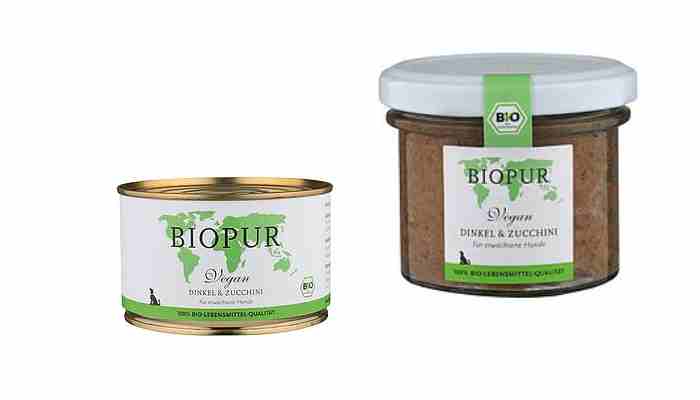As more and more pet owners are making the switch to a plant-based diet for their furry friends, it’s important to consider the potential implications of this dietary change. While a well-planned plant-based diet can provide dogs with all the necessary nutrients, it can be difficult to ensure they’re getting everything they need in the right amounts. That’s where supplements come in. Supplementing a plant-based diet for dogs can help to fill any nutrient gaps, ensuring that they’re receiving all the essential vitamins and minerals they need for optimal health. In this guide, we’ll explore the importance of supplementation for dogs on a plant-based diet and highlight the key nutrients to consider.
Nutrient Deficiencies in Plant-Based Diets for Dogs
A common concern with plant-based diets for dogs is the potential for nutrient deficiencies. While dogs are omnivorous and can obtain essential nutrients from both plant and animal sources, a plant-based diet may not always provide enough of certain nutrients. For example, protein is typically lower in plant-based diets, and the quality of plant-based protein may not be as high as that found in animal sources. Additionally, vitamin B12 is only found in animal-based foods, meaning dogs on a strict plant-based diet may be deficient in this important nutrient.
Calcium is another nutrient that can be challenging to obtain in sufficient amounts on a plant-based diet. While some plant foods are rich in calcium, they may also contain substances that inhibit its absorption. Iron is another nutrient that may be lacking in plant-based diets, as the iron found in plant sources is less bioavailable than that found in animal sources.
Omega-3 fatty acids, which are important for brain and heart health, are primarily found in fish and other animal-based sources. While some plant sources contain omega-3s, they are in the form of alpha-linolenic acid (ALA), which the body must convert to the more beneficial forms, eicosapentaenoic acid (EPA) and docosahexaenoic acid (DHA). This conversion process is not very efficient, so dogs on a plant-based diet may not be getting enough of these important fatty acids.
Vitamin D is another nutrient that may be difficult to obtain in sufficient amounts on a plant-based diet. While dogs can produce vitamin D through exposure to sunlight, this may not be practical in all situations, and it can be difficult to ensure they are getting enough through food sources alone.
Choosing the Right Supplements for Dogs on a Plant-Based Diet
When it comes to choosing supplements, it is important to select products that are specifically formulated for their unique nutritional needs. Look for supplements that are vegan and do not contain any animal-derived ingredients, as these may not align with the principles of a plant-based diet.
Additionally, it is important to choose supplements that contain high-quality, bioavailable forms of nutrients. For example, look for calcium supplements that contain calcium citrate or calcium hydroxyapatite, which are highly absorbable forms of calcium.
It is also important to consider the dosage and form of the supplements. Some supplements may come in pill or capsule form, while others may be in liquid or powder form. Consider your dog’s preferences and ease of administration when selecting a supplement form.
Finally, it is important to look for supplements from reputable manufacturers and to consult with a veterinarian or animal nutritionist to ensure that the supplements are safe and appropriate for your dog’s specific needs. They can help you determine the appropriate dosage and ensure that the supplements are not interacting with any medications your dog may be taking.
While a plant-based diet can provide many health benefits for dogs, it is important to recognize that not all plant-based foods are created equal. Some may lack essential vitamins, minerals, and nutrients that dogs need for optimal health, which is why supplementation can play a crucial role in ensuring their nutritional needs are met.
By choosing the right supplements and working with a veterinarian or animal nutritionist, you can help your dog thrive on a plant-based diet. So if you’re considering switching your dog to a plant-based diet, remember that supplementation is a key component of their overall health and wellbeing.



